
The Los Angeles Angels officially opened their offseason activity on Thursday by making a waiver claim, bringing in a young, intriguing arm to bolster a bullpen that badly needs reinforcements. It was a necessary move for a relief group that struggled last season and currently has several vacancies.
However, while adding bullpen depth is a positive first step, it hardly addresses the broader, more urgent issues facing the Angels as they try to climb back into playoff contention. This franchise is dealing with gaps across the roster, and simply acquiring a reliever—no matter how promising—does not solve the central problem: the Angels lack a true, dominant No. 1 starter who can carry them through an entire season and into the postseason.
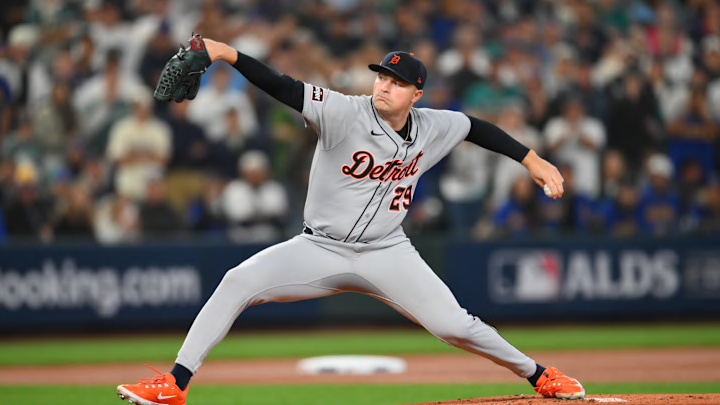
Los Angeles does have a respectable trio in its rotation with Yusei Kikuchi, Jose Soriano, and Reid Detmers. Kikuchi has shown the ability to put together stretches of strong outings, Soriano’s velocity and movement give him the potential to become a long-term rotation piece, and Detmers has flashed top-end stuff when he’s locked in. Together, they represent a solid foundation for a pitching staff.
More: Orioles Officially Lose Top Utilityman to Free Agency
The problem is that none of them fits the profile of a true ace—the kind of pitcher who can shut down an opponent in a pivotal game, demand the ball on short rest, or tilt a playoff series simply by being on the mound. Good teams have depth; great teams have a dominant anchor at the front of the rotation. If the Angels want to be taken seriously as a postseason threat, they must secure a pitcher of that caliber.
That’s where Tarik Skubal enters the conversation.

Skubal has rapidly become one of the most electrifying and overpowering pitchers in baseball. Last season, he almost single-handedly propelled the Detroit Tigers to the American League Championship Series. Detroit, at one point, appeared to be in full collapse, suffering one of the worst late-season meltdowns in recent memory.
Yet Skubal kept them afloat. Every time the Tigers were on the brink of disaster, he delivered. He wasn’t just good—he was dominant, imposing, and completely in control of games. His presence alone changed the competitive landscape for Detroit.
He is already a leading candidate to win the Cy Young Award and is positioned to compete for another one this coming season. His command, movement, and resilience have made him a strikeout machine, a clubhouse leader, and arguably one of the most valuable arms in baseball. Players of that caliber simply do not become available often.
More: Ha-Seong Kim sign $16 million one-year deal with the Braves
And yet, there is a window.
Skubal’s contract runs for only one more season, and while the Tigers have indicated interest in extending him, early reports suggest the two sides are far apart in negotiations. Detroit has publicly stated that trading Skubal is not in their plans. However, that kind of firm denial is a common refrain across professional sports whenever a team is faced with the possibility of losing a star player. Nearly every blockbuster trade in modern sports history begins with the same script: a team insists that a trade will not happen—until circumstances force their hand.

Consider recent examples. The Boston Red Sox swore they would never trade Mookie Betts. But once extension conversations stalled, Betts was sent to the Dodgers. Earlier this year in the NFL, the Dallas Cowboys laughed off the possibility of trading Micah Parsons. Yet rumors continued, fueled by contract disputes and significant uncertainty. Teams deny and deny—right up until the moment another franchise presents an offer too compelling to reject.
Every major front office executive knows this reality: players are only untradeable until a desperate team decides to break the rules of negotiation.
More: Mariners land Tigers’ Tarik Skubal in 7-player blockbuster trade proposals
If the Angels truly want to reshape their future, this is the moment to act aggressively. Their roster lacks a franchise-defining presence in the rotation. Their fanbase is hungry for a legitimate contender, not a team that lingers around .500 or falls short because they have no dominant pitcher to counter opposing aces. Adding bullpen pieces, depth bats, or platoon infielders might provide marginal improvements, but it won’t fundamentally change the trajectory of the organization.
Tarik Skubal would.
For the Angels, the mission is simple: be the team willing to make that overwhelming offer. If securing a Cy Young-caliber ace requires giving up significant prospects, then that is the cost of transforming the franchise.
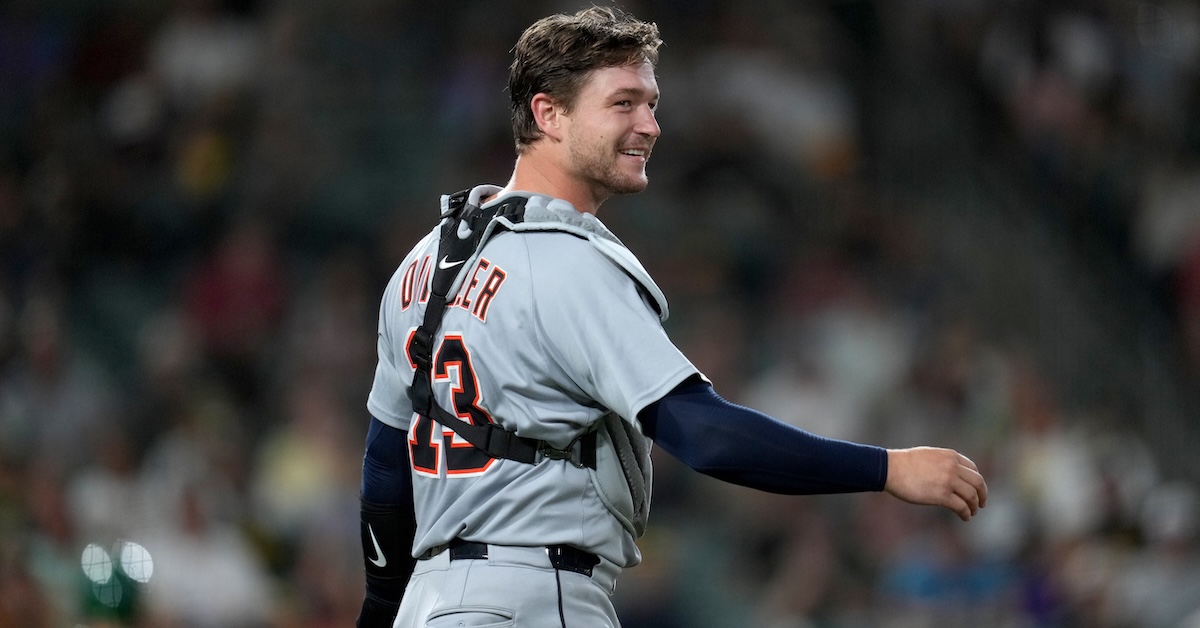
The Angels need to pursue Skubal aggressively—not with hesitation, but with conviction. They cannot afford to watch another opportunity slip away.
The Angels trade that could land them Tarik Skubal
Proposed Trade Package
Los Angeles Angels receive:
• RHP Tarik Skubal
• C Dillon Dingler
Detroit Tigers receive:
• 2B Christian Moore
• RHP José Soriano
• OF Taylor Ward
• RHP George Klassen
• RHP Caden Dana
• C Logan O’Hoppe
• OF Nelson Rada
If the Detroit Tigers seriously entertain the idea of moving Tarik Skubal, they will not settle for anything less than a substantial return. Skubal has emerged as one of the most dominant pitchers in baseball—an ace with Cy Young-caliber production.
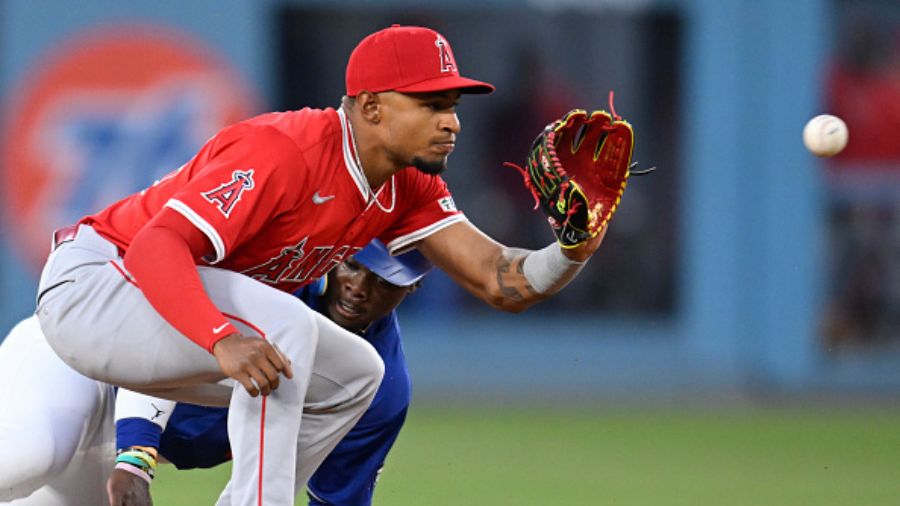
That kind of arm isn’t easy to replace, and for Detroit to even consider parting with him, the return has to include proven big league contributors, controllable young arms with upside, and prospects who project to become core pieces in a future competitive window. This proposed Angels package delivers exactly that combination.
The four most immediate contributors—Taylor Ward, José Soriano, Logan O’Hoppe, and Christian Moore—would give Detroit talent that could help them compete right away while still fitting into their long-term timeline. Ward is a productive everyday outfielder with power, on-base skills, and experience as a middle-of-the-order bat. Plugging him into Detroit’s lineup would instantly stabilize one of their corner outfield spots.
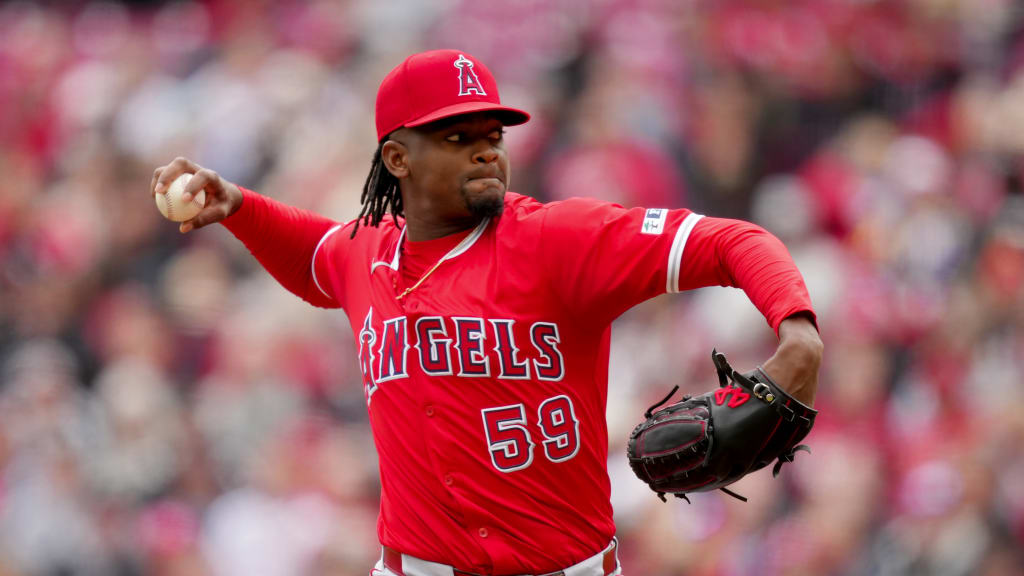
Soriano offers the Tigers something that every contender craves: a big-league power arm with versatility. He can start if Detroit chooses to push him in that direction, or he can dominate as a late-inning weapon out of the bullpen. Either way, Soriano’s power fastball and wipeout secondary offerings give the Tigers a pitcher who should contribute immediately while still having room to grow.
Christian Moore is perhaps the most intriguing position player in the package. Detroit struggled to get consistent production from shortstop in 2025, and Moore could change that quickly. Trey Sweeney posted a negative WAR, leaving the organization searching for stability. Moore has the tools—strong contact ability, athleticism, and projected power—to take hold of the position.
More: Ha-Seong Kim sign $16 million one-year deal with the Braves
Even if he experiences adjustments early in his MLB career, the Tigers would view him as a foundational piece worth investing in. And if Moore doesn’t immediately seize the shortstop role, he still remains a young, moldable talent that fits Detroit’s philosophy of developing athletic, versatile players.
The remainder of the package—Caden Dana, George Klassen, and Nelson Rada—adds further depth and upside. Dana and Klassen are power arms with the potential to become mid-rotation starters or high-leverage relievers. Rada profiles as an advanced outfield prospect with elite speed, on-base skills, and superb instincts for his age. None of these three needs to be rushed; Detroit can allow each player to mature within their development system while Ward, O’Hoppe, Soriano, and Moore begin contributing at the big league level.
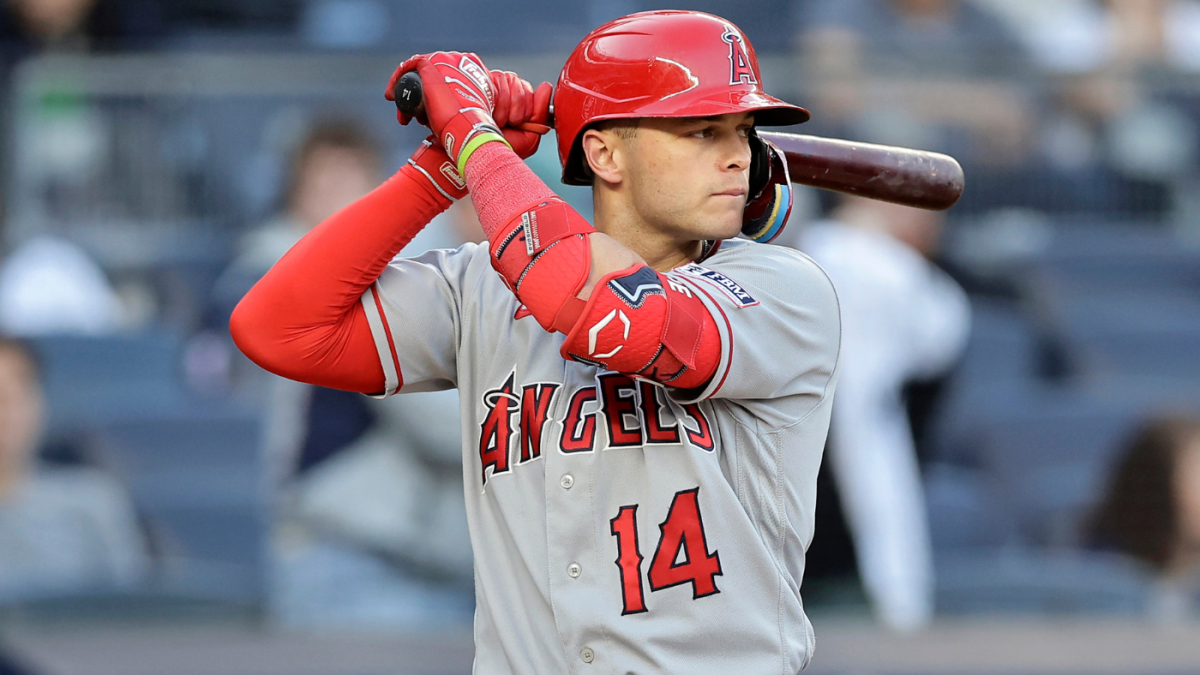
For the Angels, the motivation is clear: landing Tarik Skubal immediately transforms their rotation and their competitive timeline. Los Angeles has been searching for a true No. 1 starter—someone who can anchor the rotation, give them a chance to win every fifth day, and serve as a stabilizing force during a postseason push. Skubal fits that description perfectly.
He’s not only dominant, but also under team control for another season, which gives the Angels leverage to negotiate an extension. Realistically, acquiring Skubal without planning to sign him long-term would make no sense. The Angels must approach this trade fully expecting to meet his contract demands, preventing him from reaching free agency.
The inclusion of catcher Dillon Dingler is also strategically valuable. Catching has been one of the Angels’ weakest positions, and Dingler—who showed solid all-around performance in 2025—would immediately strengthen that area. Dingler offers offensive production, dependable defense behind the plate, and long-term cost control. Adding him to the roster allows the Angels to stabilize a position that has been inconsistent for years.
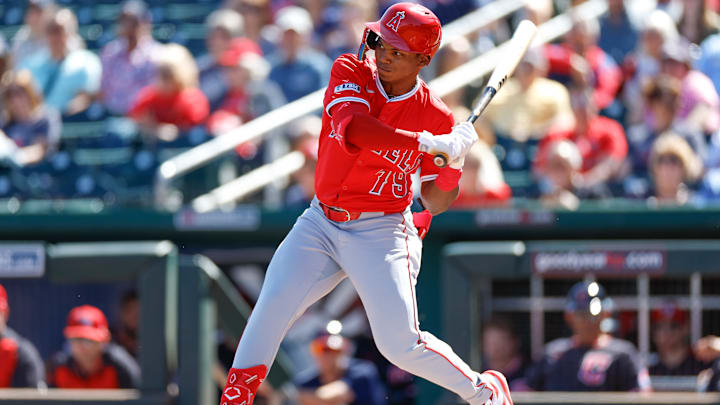
For the Angels, this trade would represent a bold shift in approach. Instead of piecing together short-term fixes or relying on low-cost additions, the organization would be aggressively targeting elite talent. If Los Angeles not only completed this trade but also addressed additional needs through free agency, the club could climb out of the division basement.
With Skubal fronting the rotation, the Angels would suddenly have a legitimate ace—something they’ve lacked since the height of Jered Weaver’s tenure. In a division that has rapidly improved, the Angels would finally be positioned to compete rather than simply patch roster holes.
Ultimately, this proposal works for both sides. Detroit adds depth, youth, and cost-controlled major league talent to pursue an AL Central title as early as 2026, while the Angels obtain an ace and a future cornerstone catcher. For Los Angeles, it represents a chance to reshape their identity; for Detroit, it accelerates their competitive trajectory without leaving them empty-handed.
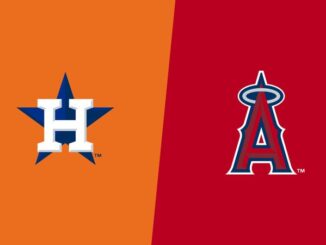
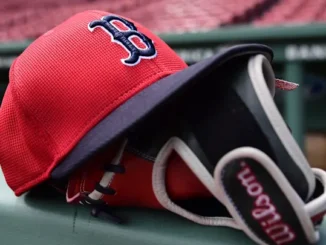
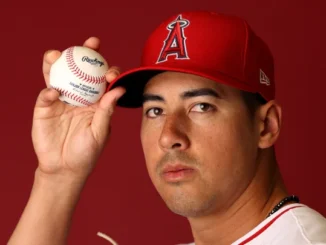
Be the first to comment